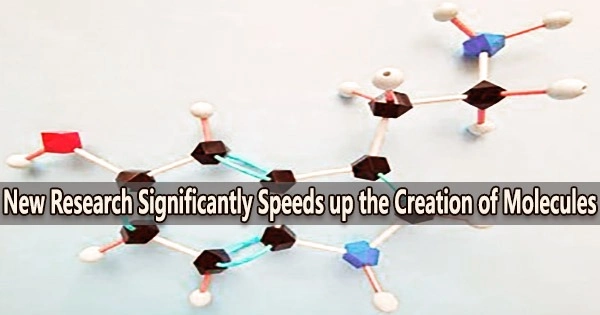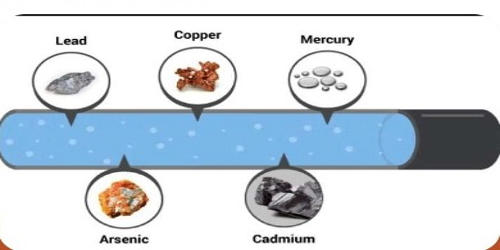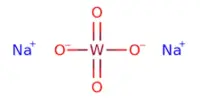Tim Cernak’s lab at the University of Michigan has produced a finding that drastically speeds up the laborious chemical process of creating molecules that will be tomorrow’s medications, agrichemicals, or materials, with a major help from artificial intelligence and a strong dose of human touch.
The Cernak Lab at the College of Pharmacy and Department of Chemistry’s chemical synthesis and data science research led to the discovery, which was reported in the Feb. 3 issue of Science.
The study’s objective was to pinpoint crucial molecular synthesis reactions in an effort to streamline the procedure as much as feasible. Cernak and his team ultimately succeeded in synthesizing a complex alkaloid from nature in just three stages. Previous syntheses had taken between seven and 26 steps.
“Making a chemical structure that has atoms in just the right place to give you efficacious and nontoxic medicines, for instance, is tricky,” said Cernak, assistant professor of medicinal chemistry and chemistry. “It requires a chemical synthesis strategy grounded in the chemical building blocks you can actually buy and then stitch together using chemical reactions.”
We hope this research can lead to better medicines. So far, we have been limited in the molecular structures we can quickly access with chemical synthesis.
Professor Cernak
The accomplishment has significant effects on how quickly drugs are developed.
Cernak compared the construction of these complex molecules to playing chess. You need to orchestrate a series of moves to get to the end of the game. While there’s a near infinite number of possible moves, there’s a logic that can be followed.
“We developed a logic here, based in graph theory, to get to the end as quickly as possible,” he said.
Cernak and colleagues used SYNTHIA Retrosynthesis Software, which provides scientists with a database of pathways, or steps, and formulas for millions of molecular structures. This gave the team an enormous amount of computational synthesis data to play with.
The researchers identified the phases along the pathway that were high impact, or essential steps, and the ones that were making progress toward finishing the synthesis but ultimately inefficient for the entire process using an algorithm they devised to curate the data.
“We hope this research can lead to better medicines,” Cernak said. “So far, we have been limited in the molecular structures we can quickly access with chemical synthesis.”
Co-authors include Yingfu Lin, senior research fellow in pharmacy; Rui (Sam) Zhang, doctoral student in chemistry; and Di Wang, doctoral student in pharmacy.
















